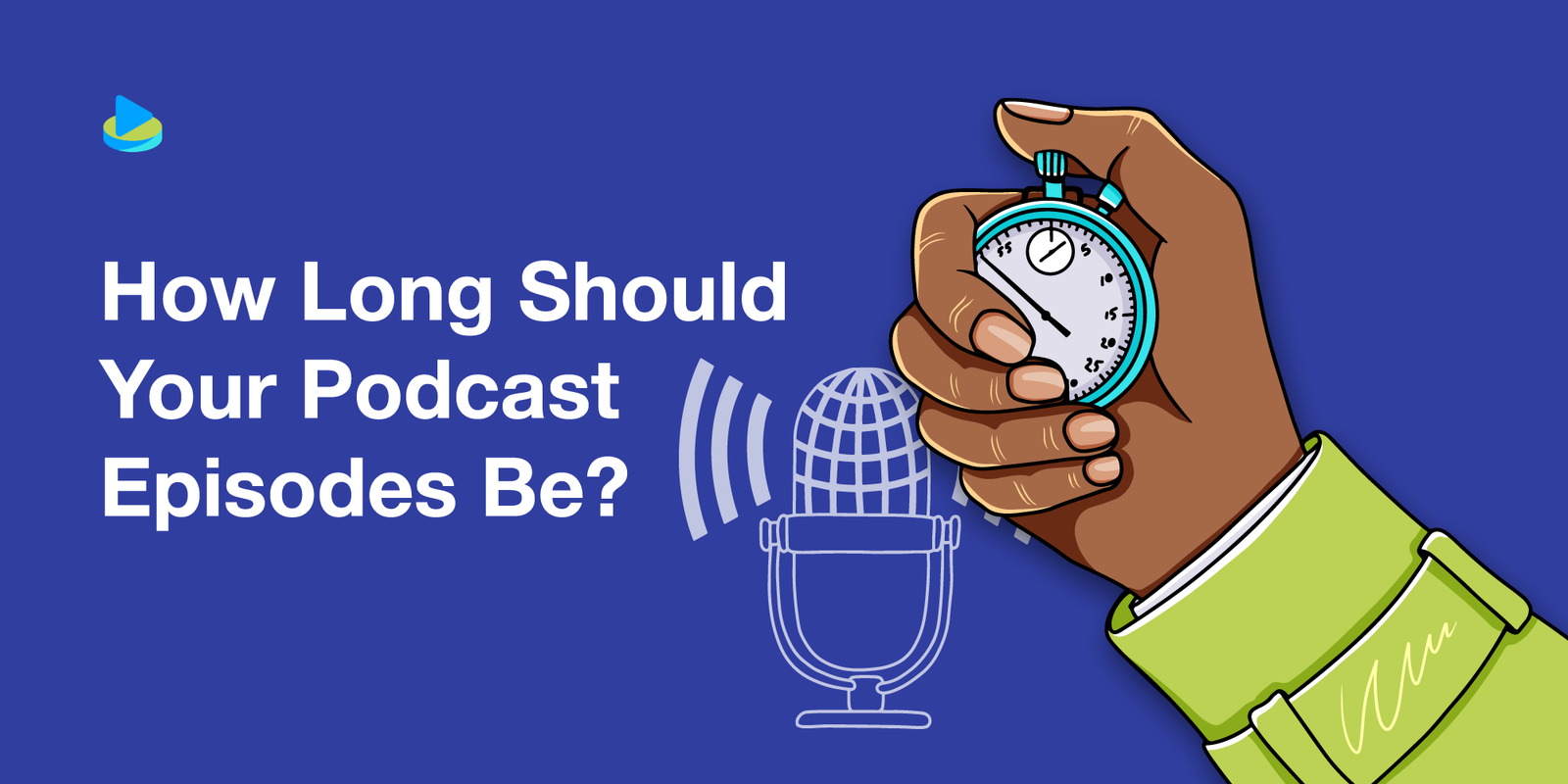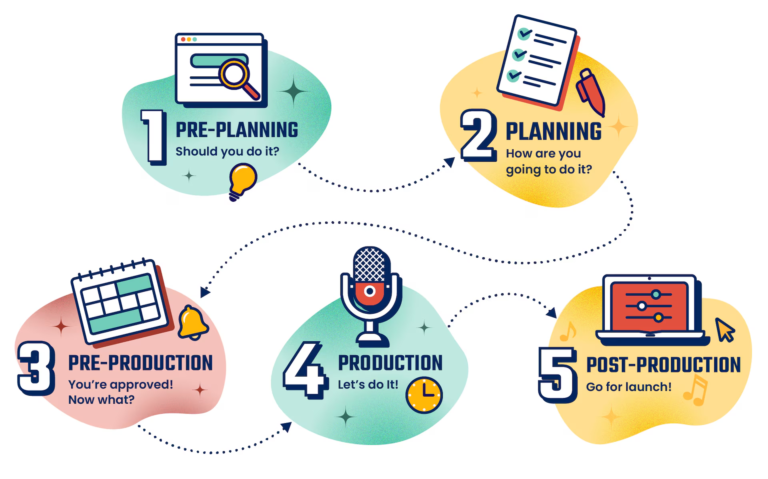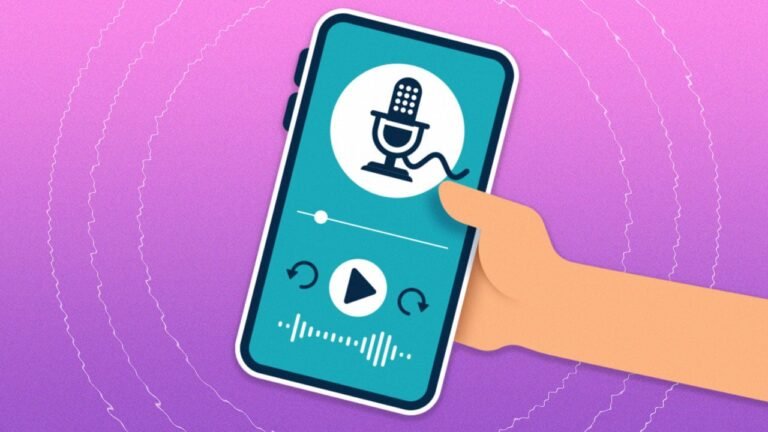How Long Should a Podcast Episode Be? (Complete Guide)
One of the most common questions new and experienced podcasters ask is: “How long should a podcast episode be?” The truth is, there’s no one-size-fits-all answer—but there are smart strategies to help you decide the ideal episode length based on your goals and audience.
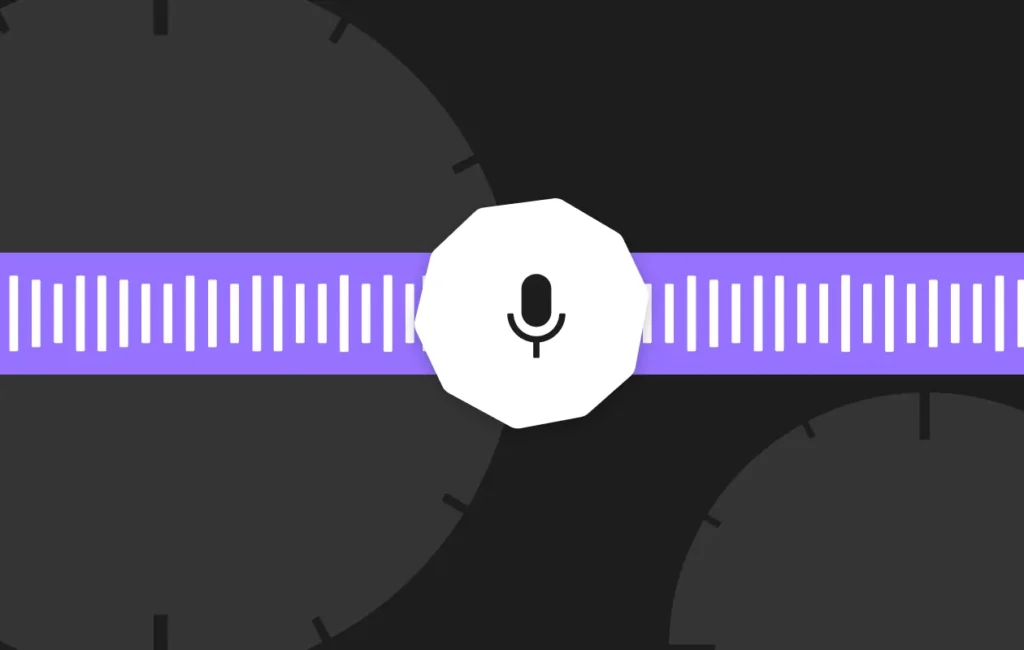
In this article, we’re answering the big timing question. It depends on your format, audience, goals, and even how binge-worthy your content is. From bite-sized solo shows to hour-long interviews, this guide will help you find the sweet spot for your podcast length.
Why Podcast Episode Length Matters
Before diving into numbers, let’s talk about why length even matters. A podcast that’s too short might not deliver enough value. One that’s too long risks losing listeners before the good stuff. And in a world of multitasking and fast-scrolling attention spans, length can make or break your retention rate.
Affects Listener Retention
Long episodes can lead to drop-offs if they’re not engaging.
Influences Publishing Schedule
Shorter episodes allow for more frequent publishing. Longer episodes may require more production time.
Impacts Content Depth
Some topics require more in-depth discussion, while others can be covered quickly.
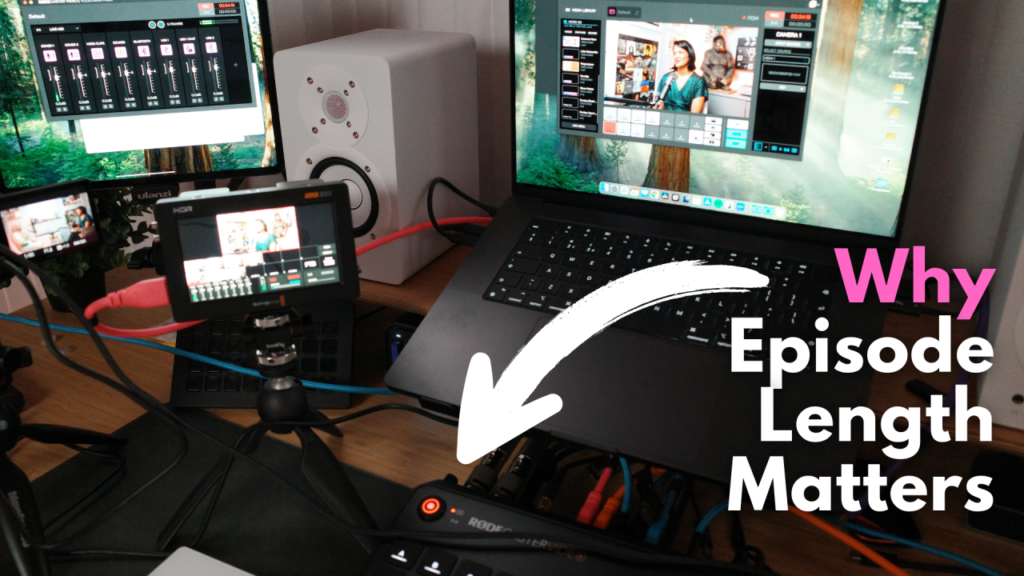
Average Podcast Episode Length
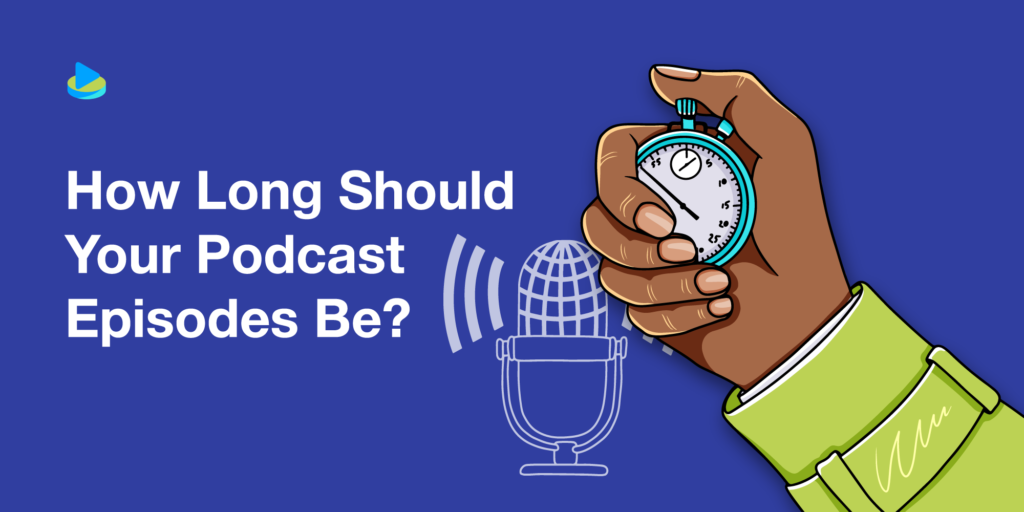
Recent industry data shows that the average podcast episode length is between 25 and 45 minutes.
Common Length Ranges
• 15–20 minutes: Quick tips, news, or solo episodes
• 30–45 minutes: Interviews, deep dives, and storytelling
• 60+ minutes: Panel discussions, detailed analysis, or long-form storytelling
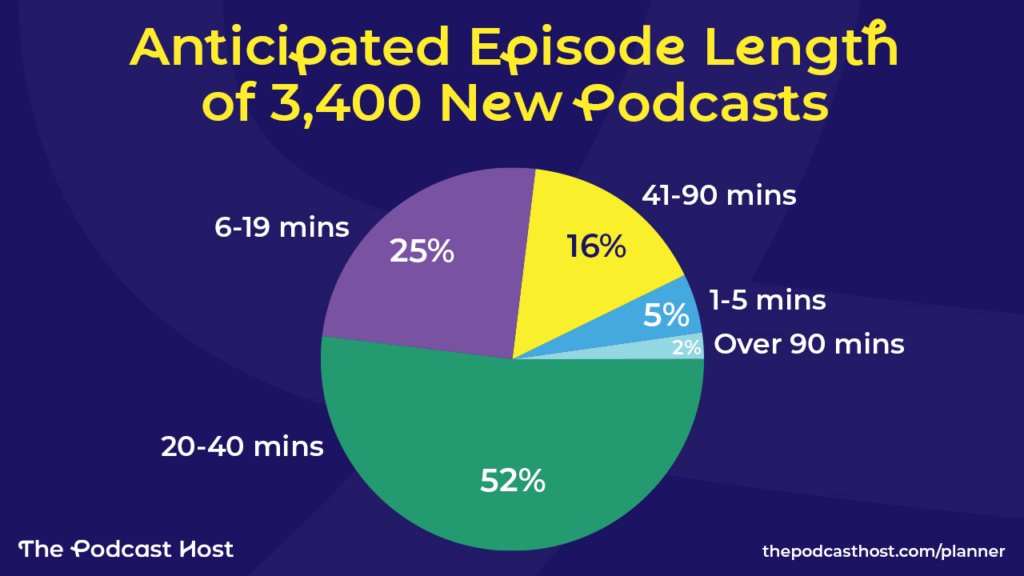
Factors to Consider When Choosing Episode Length
Audience Preferences
Consider what your target audience prefers. Busy professionals may prefer shorter episodes; storytelling fans may enjoy longer content.
Content Type
The complexity of your content dictates length. Tutorials or quick tips can be short, while interviews and deep dives need more time.
Publishing Frequency
Shorter episodes can be released more frequently. Longer episodes may require weekly or bi-weekly publishing.
Your Production Capacity
Be realistic about how much time you can consistently dedicate to producing and editing each episode.

Pros and Cons of Short vs. Long Podcast Episodes
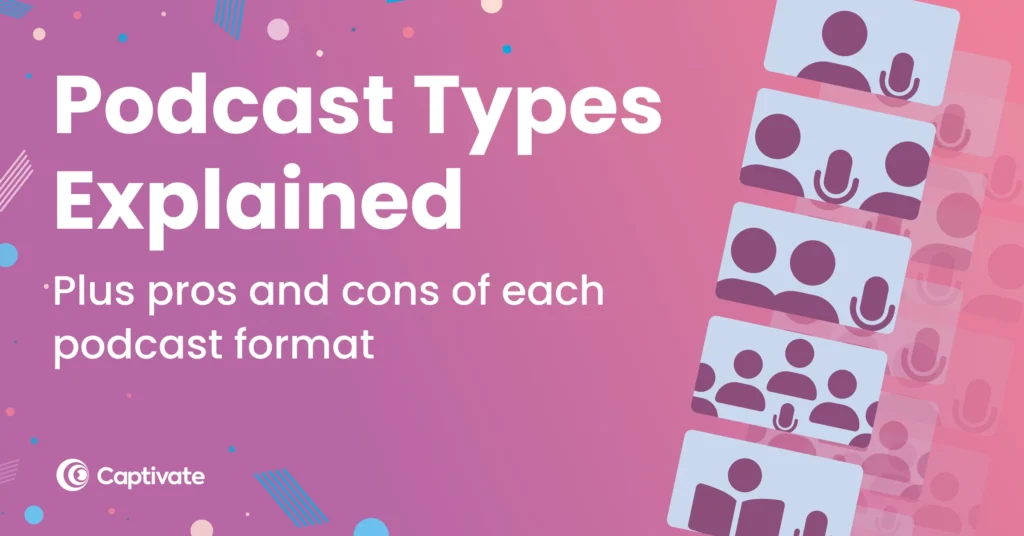
Short Episodes (Under 20 Minutes)
Pros:
• Quick, digestible content
• Easier to produce consistently
• Ideal for busy audiences
Cons:
• Limited content depth
• Less time for storytelling or interviews
Long Episodes (45+ Minutes)
Pros:
• Allows deep dives and rich storytelling
• Builds stronger audience connection
Cons:
• Requires more production time
• Risk of listener drop-off if not engaging
How to Find the Perfect Episode Length
Test and Analyze
Experiment with different lengths and monitor listener retention and feedback.
Stay Consistent
Maintain a consistent length to set audience expectations.
Focus on Value
Cut fluff and filler. Your episode should be as long as it needs to be to deliver value—no more, no less.
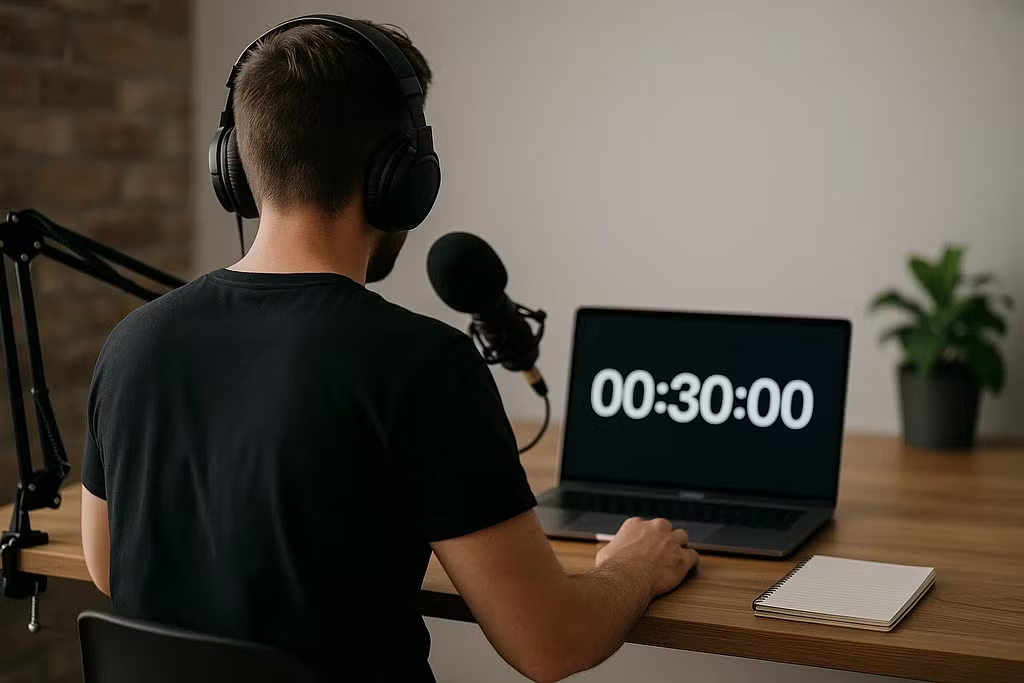
Common Mistakes to Avoid

Prioritizing Length Over Content Quality
Never stretch or shrink content just to hit a specific duration.
Ignoring Listener Feedback
Pay attention to what your audience says about episode length.
Inconsistent Length
Drastically changing episode lengths can confuse or frustrate listeners.
Ready to Structure Your Podcast Episodes?
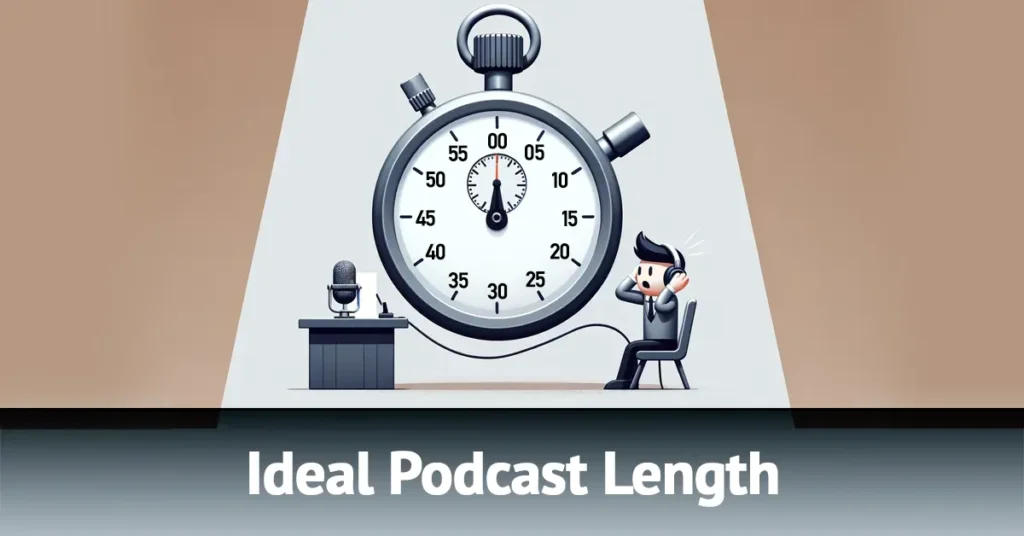
The real answer: As long as it needs to be—and no longer.
If your 18-minute episode is packed with value, your listeners will love it. If your 60-minute interview is raw, real, and compelling, they’ll stick around.
The keyword isn’t just time, it’s intentionality. Respect your audience’s time, trust your content, and give every episode a reason to exist.
At Social Peak Media, we help podcasters plan, edit, and optimize their episodes for maximum listener engagement. Contact us today to make your podcast stand out.
Disclosure: Our blog contains affiliate links to products. We may receive a commission for purchases made through these links. However, this does not impact our reviews and comparisons. We try our best to keep things fair and balanced, in order to help you make the best choice for you.

